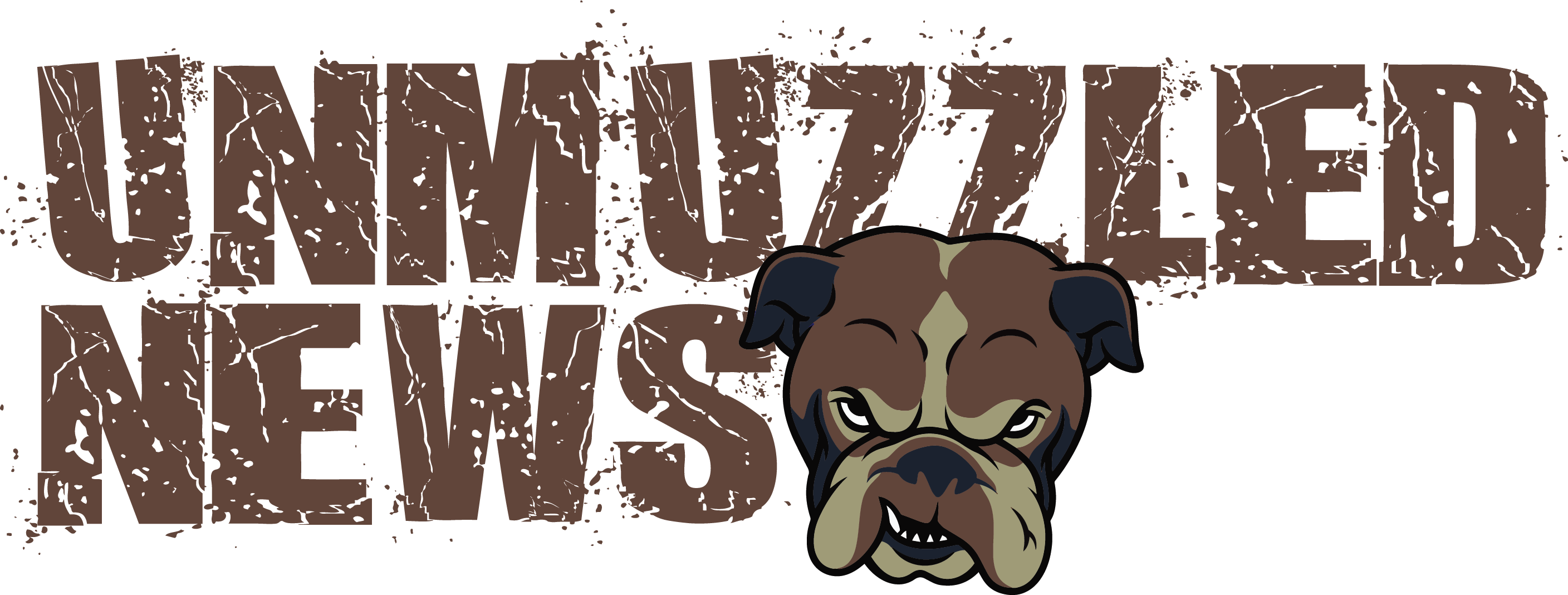The Swiss got played.
They thought they’d settled this issue back in 2021.
But what happened in Sunday’s referendum will have privacy advocates around the world shaking their heads in disbelief.
Swiss voters barely approved digital tyranny
The vote wasn’t even close to decisive – 50.4% approved digital IDs while most cantons actually voted against the measure.¹
But that was enough for Swiss lawmakers to ram through their digital surveillance scheme.
The government sold this as convenience – just a smartphone app to access government services, verify your age, and handle banking transactions.
They promised it would be "optional" and claimed private companies couldn’t collect more data than necessary.
Here’s what they didn’t mention: once the infrastructure exists, making it mandatory becomes inevitable.
Critics saw right through the sales pitch and warned the technology couldn’t protect citizen data from cyberattacks.
They also recognized this for what it really is – the foundation for an all-encompassing surveillance state that can track and punish government critics.
Look at what they’re already planning
The Swiss government isn’t even pretending this stops with basic identification.
They’re already talking about digital travel tickets and developing an e-voting system using the same platform.
That means every trip you take, every vote you cast, every transaction you make – all tracked through one centralized system.
The timing here isn’t coincidental either.
This comes as Britain’s left-wing Labour government pushes similar digital ID schemes, claiming they need them to stop illegal migrants from working.
But illegals who already ignore immigration law aren’t suddenly going to start following digital ID requirements.
Over two million British citizens have signed petitions against digital IDs because they understand what’s really happening.
And don’t think this stops in Europe.
Tech industry insiders and government officials in America have been quietly discussing similar digital ID schemes for years.
They watch these European experiments carefully – studying what works, what doesn’t, and how to package surveillance as safety.
Silicon Valley executives have been pushing for a "national digital identity framework" since the Obama administration.
The COVID-19 pandemic gave them their best opening yet, with vaccine passports and digital health certificates testing the waters for broader digital tracking.
Now they’re watching Switzerland’s razor-thin victory and taking notes on the messaging that barely squeaked through.
The same arguments about "convenience" and "security" will show up in American policy papers within months.
They’ll promise it’s "optional" and "privacy-focused" – just like they did in Switzerland.
Here’s what this really means
Switzerland just handed its government the keys to total digital control over its citizens.
Once that infrastructure exists, the "optional" part disappears faster than you can say "public health emergency."
The razor-thin margin tells you everything – this wasn’t a mandate from the people, it was political manipulation squeaking through by the narrowest possible margin.
Critics are already calling for another vote, and they should.
When you’re talking about fundamental changes to how government monitors its citizens, a 0.4% margin shouldn’t be enough to transform an entire country’s relationship with privacy.
The Swiss used to be famous for their independence and skepticism of government overreach.
Now they’ve just voted to hand over comprehensive tracking rights to their own government.
Look, if you can get the Swiss – who pride themselves on privacy and independence – to approve government surveillance by half a percent, you can get anyone.
The people pushing these digital ID schemes internationally are taking notes right now.
This narrow Swiss victory just became their proof of concept – show them it works somewhere, and they’ll try it everywhere else.
Next, they’ll refine the messaging, increase the pressure, and try the same playbook in country after country.
That’s not progress – that’s surrender disguised as convenience.
¹ Kurt Zindulka, "Switzerland to Introduce Digital ID Cards After Razor-Thin Referendum," Breitbart, September 29, 2025.
















